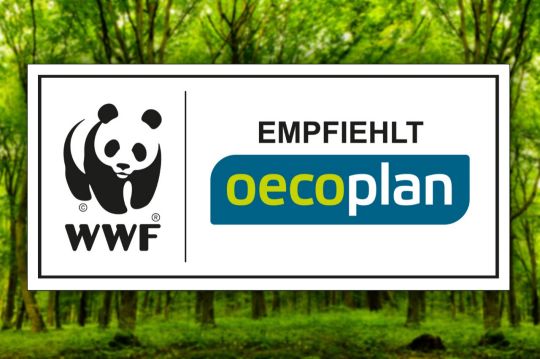Partnership with Coop 2019
Since 2006, WWF and Coop have been in a strategic partnership working towards more environmentally friendly consumption. Coop has committed itself to ambitious targets in key environmental issues towards the WWF.

Climate and energy
Climate and Energy: Coop has set itself the target of cutting operative CO2 emissions in half by 2023 in spite of growth (relative to the 2008 figures).
By 2023, 50% reduction in CO2 emissions compared to 2008.
Coop has set the target of reducing absolute CO2 emissions by 50% compared to the 2008 figures by 2023. The target applies to all operative emissions and transport – excluding compensation. It is measured as tons of CO2 per year. The scope of application is the Coop Management with all divisions and distribution channels (CO2 Vision, i.e. without subsidiaries, including transport by third-party enterprises). By the end of 2018, Coop had reduced its CO2 emissions by 28% compared to 2008 (absolute actual value 2018: 97,017 tons of CO2). The reporting period runs from July 2018 until June 2019.
By mid-2019, Coop had realised CO2 emission reductions of around 34% compared to 2008 (absolute actual figure mid-2019: 88,600 tons of CO2).
Comment: Results were just short of the set target. In retail trade, energy consumption was reduced by another 1.8% over the previous year; however, an increase in cooling systems to cater to increasing demands in convenience and general growth counteracted stronger reductions.
Reduction of absolute CO2e emissions caused by air freight
Coop has set the target of reducing the absolute CO2e emissions caused by air freight by 4.7% relative to the 2007 figures. Measured as tons of goods flown in, multiplied by km and CO2e/km. The reporting period was July 2018 to June 2019. The scope of application is air freight excl. flowers for supermarkets, Pronto, Bau+Hobby, Warehouse, Coop@home.
By mid-2019, Coop had already reduced its absolute CO2e emissions caused by air freight by 16.9% compared to 2007 (absolute actual value 2019: 70'271 tons of CO2e).
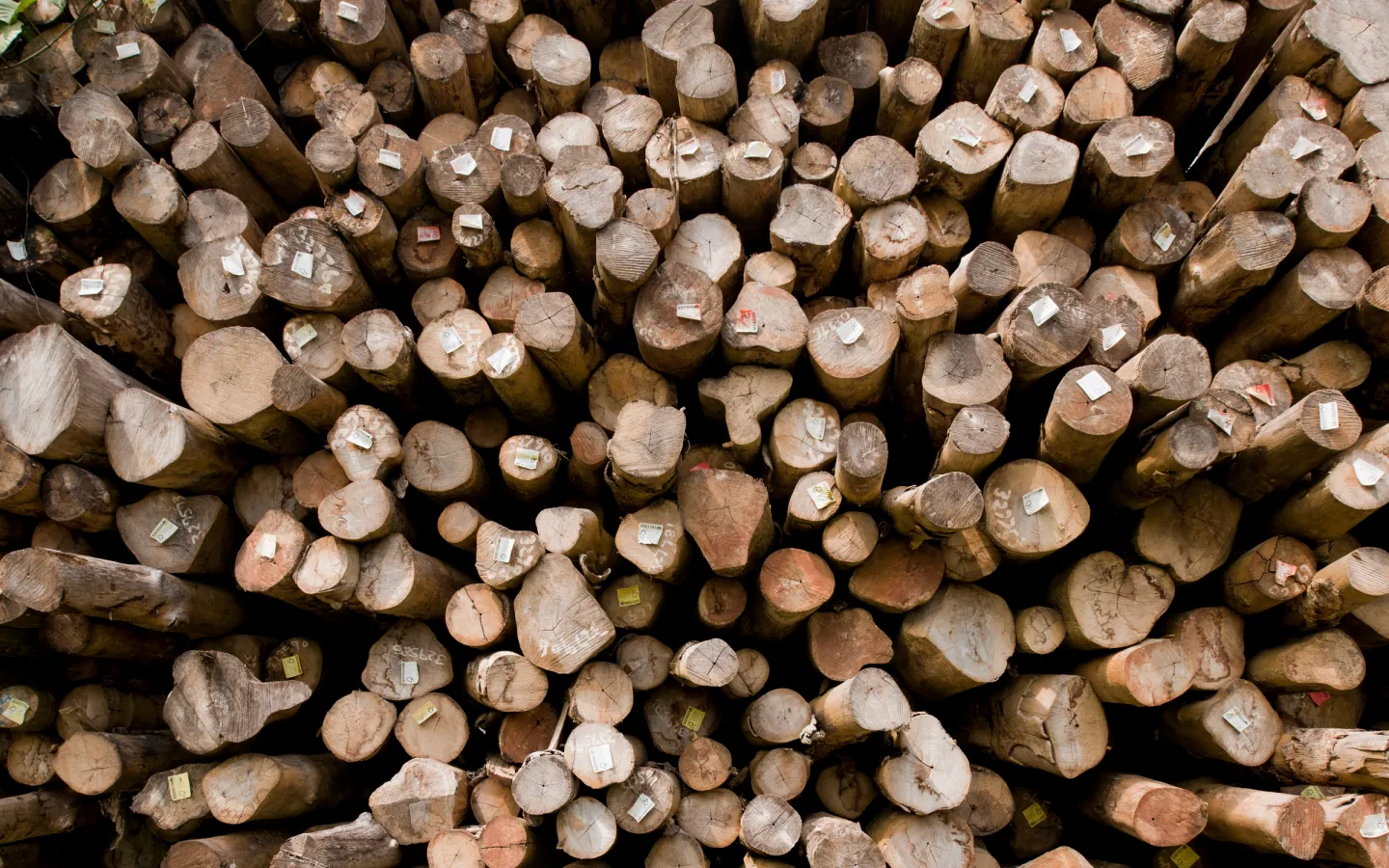
Wood and paper
Coop is committed to transparent wood sourcing and aims to steadily increase the proportion of FSC-certified wood and paper products as well as recycled paper.
Paper and wood products from sustainable sources (FSC or recycled)
Coop aims to have 78% of its paper and wood products sourced from sustainable sources by 2019 (24% recycled and 54% FSC certified). It is measured in percent relative to the procurement value. Scope of application are the product groups hygiene, baby hygiene, building material, garden, furniture / leisure, plants, household goods (kitchens, food, paper goods, holidays) as well as internal paper consumption. It applies to Coop supermarkets, Pronto, coop@home, Bau+Hobby, and department stores.
In 2019, 73% of the paper and wood products at Coop came from sustainable sources (of which 20% recycled and 53% FSC-certified).
Comment: Significant increases in FSC revenue grow continuously more difficult, above all because of limited availability of branded products with the FSC label. Nevertheless, some new products were introduced with the FSC label, or non-certified products were replaced by FSC-certified products.
Wood and paper products, by origin
Coop has set the target of increasing the proportion of wood and paper products from sustainable sources while simultaneously reducing the share of products of which the origin is not sufficiently clear, analysed or verified. Measured in percent relative to the procurement value. Scope of application are the product groups hygiene, baby hygiene, building material, garden, furniture / leisure, plants, household goods (kitchens, food, paper goods, holidays) as well as internal paper consumption Applies to Coop supermarkets, Pronto, coop@home, Bau+Hobby, and department stores.
In accordance with the Global Forest & Trade Network of WWF, the terms are understood as follows:
Origin verified: The forest of origin was assessed by an independent party using social and ecological criteria.
Origin analysed: The forest of origin was identified using fundamental criteria of legality and traceability.
Limited knowledge of origin: The origin of the wood (country) is either known or unknown; undesirable origins, such as wood from forest conversions and conflict wood, can be excluded.
Coop Livique: wood products by origin
Coop Livique has set the target of increasing the proportion of wood products from sustainable sources while simultaneously reducing the proportion of products of which the origin is not sufficiently clear, analysed or verified. The percentage of net revenue is measured. The scope of application is Livique (only wood products).
Comment: Significant increases in FSC revenue grow continuously more difficult, above all because of limited availability of branded products with the FSC label. This above all applies to Swiss products.
Explanation of the graph: The interpretation is based on the Global Forest & Trade Network of the WWF:
Origin verified: The forest of origin was assessed by an independent party using social and ecological criteria.
Origin analysed: The forest of origin was identified using fundamental criteria of legality and traceability.
Limited knowledge of origin: The origin of the wood (country) is either known or unknown; undesirable origins, such as wood from forest conversions and conflict wood, can be excluded.
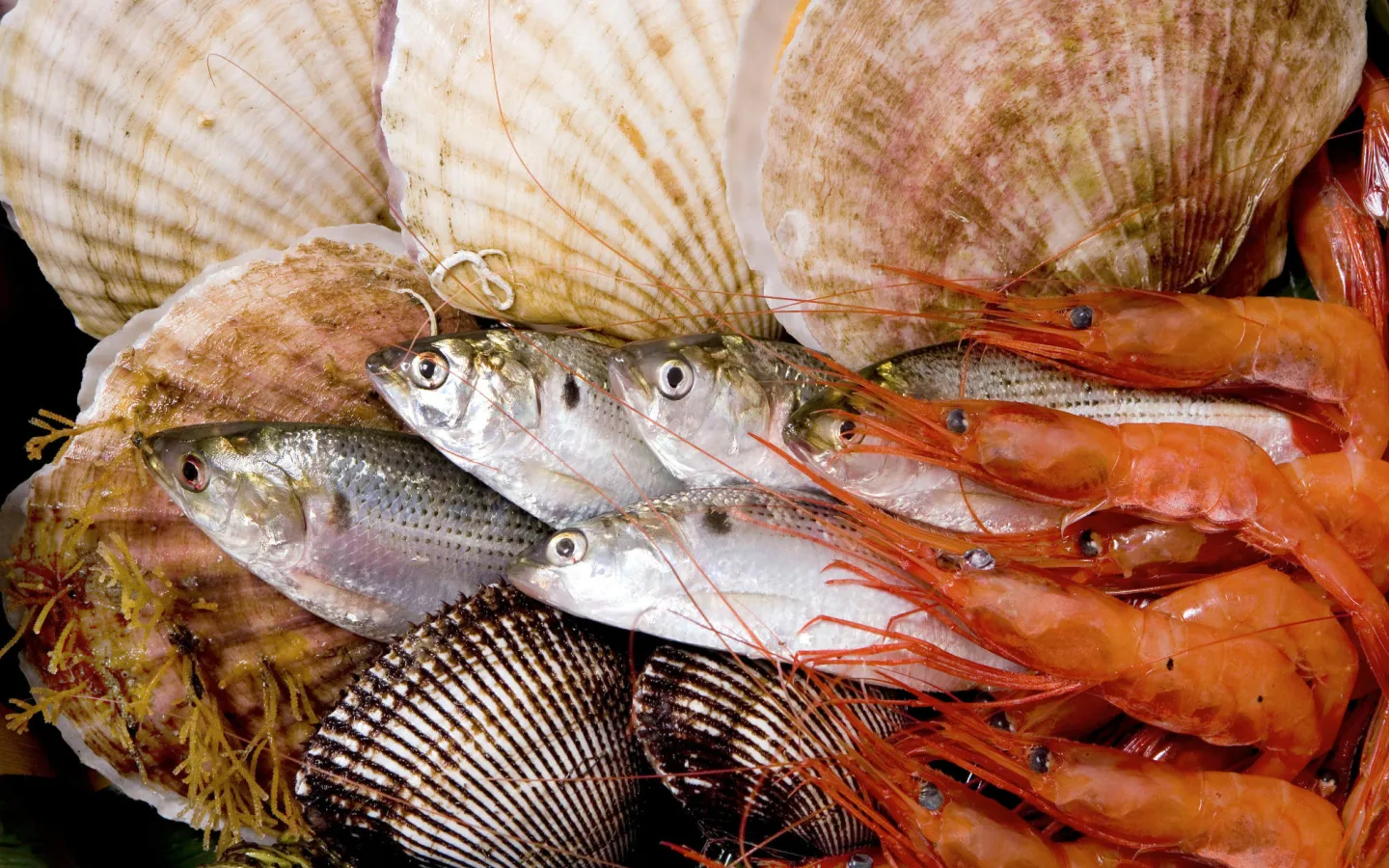
Fish and seafood
As a member of the WWF Seafood Group, Coop has committed itself to refrain from offering species threatened with extinction, to gradually discontinue fish from unsustainable origins, and to constantly expand the proportion of recommendable labels.
Total: The proportion of sustainable sources relative to the entire seafood range
Coop has set the target of sourcing 100% of the entire seafood range from sustainable sources (very recommended, recommended, or acceptable according to WWF) by 2019. It is measured as a percentage of the turnover of the total seafood range. The scope of application comprises Coop supermarkets, Pronto, coop@home, restaurants, department stores.
In 2019, 100% of the total seafood range came from sustainable sources.
Total: The proportion of recommended/very recommended labels according to WWF, relative to the entire seafood range turnover (Bio, ASC, MSC)
Coop has set the target having 70% of the entire seafood range certified as recommended/very recommended by WWF by 2019 (Bio, ASC, MSC). Percentage relative to the net turnover is measured. The scope of application comprises Coop supermarkets, Pronto, coop@home, department stores.
In 2018, 51% of the overall seafood range was certified with recommended/very recommended labels according to WWF.
Comment: The fact that the results were just short of the target is primarily attributable to the limited offer of organic salmon. A joint project of the WWF and Coop for yellow-fin tuna could not be certified yet in 2019.
Area of wild-caught fish: Proportion of recommended/very recommended labels according to WWF, relative to the turnover of the wild-caught range (MSC)
Coop has set the target of having 69% of the range of wild-caught fish certified with the MSC label by 2019. It is measured as a percentage of the turnover of the wild catch range. The scope of application comprises Coop supermarkets, Pronto, coop@home, department stores.
In 2019, 67% of the wild catch was MSC certified.
Comment: A joint project of the WWF and Coop for yellow-fin tuna could not be certified yet in 2019.
Area of farmed fish: Proportion of recommended/very recommended labels according to WWF, relative to the overall farmed fish turnover (Bio, ASC)
Coop has set the target of having 71% of the farmed fish range certified with recommended/very recommended labels according to WWF by 2019 (Bio, ASC). It is measured as percentage of the turnover of the farmed-fish range. The scope of application comprises Coop supermarkets, Pronto, coop@home, department stores.
In 2019, 40% of the farmed range was certified with recommended/very recommended labels according to WWF.
Comment: Coop did not manage to convert the planned quantity of ASC salmon in 2019. Furthermore, any shrimp still uncertified were sold off, which is why the target could not be reached.
Area of farmed fish: Bio Suisse proportion relative to the range of farmed-fish products
Coop has set the target of having 38% of the range of farmed fish certified by Bio Suisse. It is measured as percentage of the turnover of the farmed-fish range. The scope of application comprises Coop supermarkets, Pronto, coop@home, department stores.
In 2019, 29% of the farmed range was certified by Bio Suisse.
Comment: The limited offer of certified organic salmon also clearly shows in target attainment.
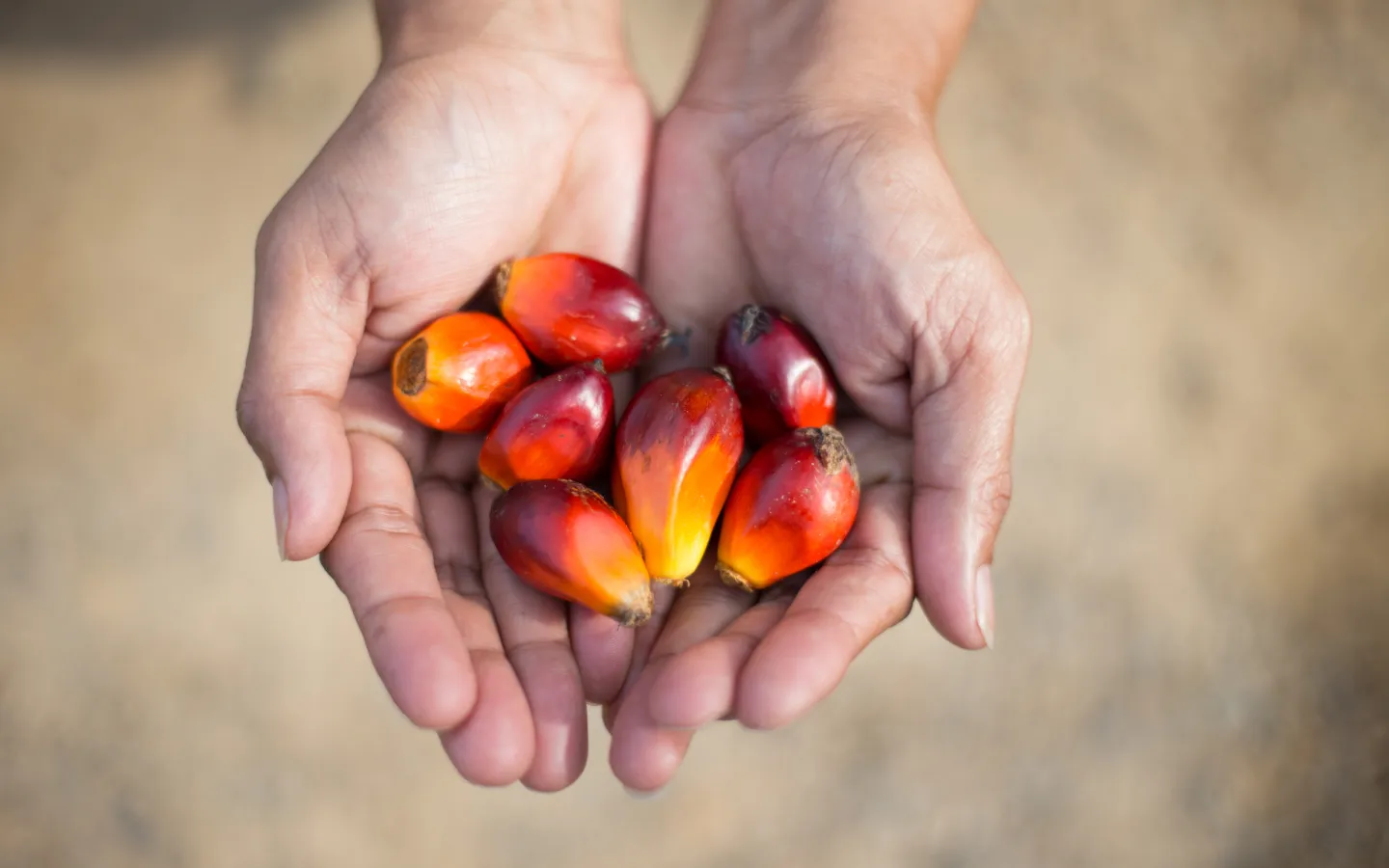
Palm oil
Coop has set the target of steadily increasing the proportion of sustainably certified palm oil in its own brands.
Physically sustainable palm oil in own label food products
Coop has set the target of increasing the proportion of physically sustainable palm oil in its own food brands to 100% by 2020. The proportion of physically sustainable palm oil in the total use of palm oil in own-brand food is measured in tonnes as a percentage. The accepted standards are RSPO IP, RSPO Segregated, Bio Suisse. The reporting period is October 2018 until September 2019. The scope of application comprises Coop supermarkets, Pronto, coop@home, department stores.
In 2019, the proportion of physically sustainable palm oil in Coop's own food brands was 100%.
Covering remaining palm oil in private label products with RSPO Book & Claim certificates
Coop has set the target of covering 100% of the remaining palm oil in private label products with RSPO Book & Claim certificates. The proportion of RSPO Book & Claim Certificates as a percentage of the total use in own brands of palm oil that is not certified in accordance with RSPO or Bio Suisse is measured. The reporting period is October 2018 until September 2019. The scope of application comprises Coop supermarkets, Pronto, coop@home, Bau+Hobby, department stores.
In 2019, 100% of the remaining palm oil in private label products was covered by RSPO Book & Claim certificates.
Certified palm oil in private label products Near- and Non-food
Coop has set the target of using 80% certified palm oil in its private label near- and non-food products by 2020. Measurement is based on the proportion of sustainable palm oil relative to the overall use of palm oil in private label near- and non-food products, in tonnes and percent. The accepted standards are RSPO IP, RSPO Segregated, RSPO Mass Balance, Bio Suisse. The reporting period was October 2018 until September 2019. The scope of application comprises Coop supermarkets, Pronto, coop@home, Bau+Hobby, department stores.
In 2019, 74% of the palm oil used in Coop private label near- and non-food products was certified.
Comment: Some suppliers have reported excessive quantities of certified palm oil in the past. This distorted the proportion. This problem in data collection has by now been resolved and the data has been verified.
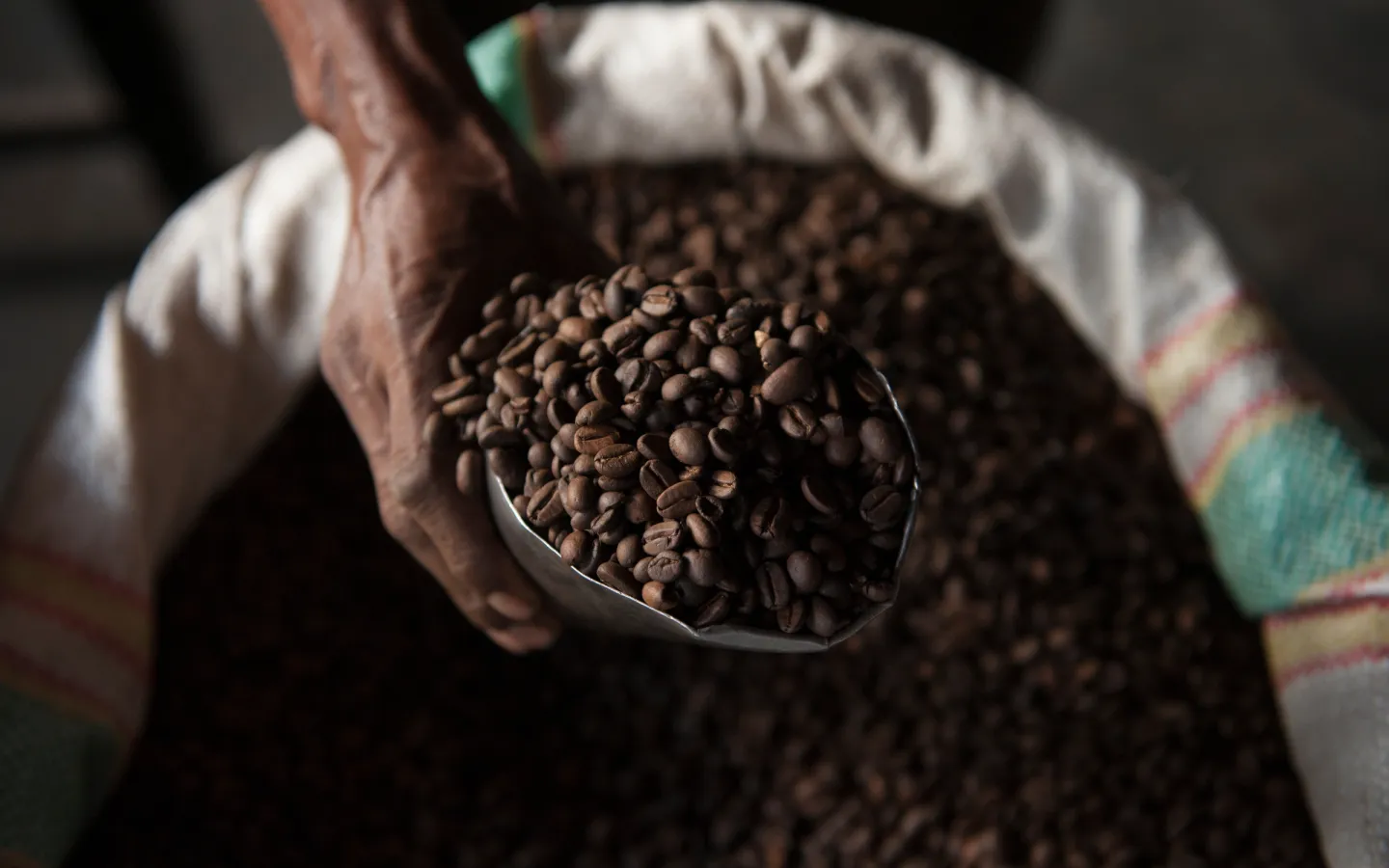
Other raw materials
Coop has committed itself to ambitious targets with regard to cotton, cacao, coffee, fruits & vegetables, and peat towards WWF.
Peat: Reduction of peat in soils, entire range
Coop has set the target of selling no peat-containing soils by 2020. The proportion of peat in all soils sold is measured. The scope of application comprises Coop supermarkets, Pronto, Bau+Hobby, department stores.
In 2019, the proportion of peat in all soils sold was 0%.
Cotton: increasing the share of sustainability labels in the range of clothing and home textiles
Coop has set the target of increasing the proportion of sustainability labels in clothing and home textiles in its range to 80% by 2020. The
proportion of the procurement value of private label products with a sustainability label relative to the total turnover of private label cotton products > 50% is measured. The accepted standards are Fairtrade, Bio Suisse, bioRe, Better Cotton Initiative, Cotton made in Africa, Organic Cotton Standard. The scope of application comprises the clothing and home textile range in Coop supermarkets, Pronto, coop@home, department stores.
In 2019, the proportion of the range with sustainability labels amounted to 71%.
Coffee: Coffee with a sustainability standard
Coop has set the target of increasing the proportion of sustainable coffee with a sustainable standard to 93% by 2020. Measurement is based on the proportion of procurement value of private label coffee powder, beans, and capsules as well as instant coffee powder and all private label products with at least 50% sustainable coffee content. The accepted standards are Fairtrade, Bio Suisse, UTZ, Rainforest Alliance. The scope of application comprises Coop supermarkets, Pronto, coop@home, Bau+Hobby, department stores.
In 2019, the proportion of sustainable coffee was 96%.
Cacao: Cacao products with sustainability rating
Coop has set the target of selling only sustainable cacao products by 2020. Measurement is based on the proportion of procurement value of private label chocolate products and bars, pralines, cacao products, as well as all private label products with at least 50% sustainable cacao content. The accepted standards are Fairtrade, Bio Suisse, UTZ, Rainforest Alliance. The scope of application comprises Coop supermarkets, Pronto, coop@home, Bau+Hobby, department stores.
In 2019, the proportion of sustainable cacao was 98%.
Comment: It is particularly difficult to obtain certified quality in the speciality sector (such as fine food). Therefore the transition to 100 percent sales of certified cocoa products will remain a challenge.
Fruit and vegetables: Fresh fruit and vegetables certified with GlobalGAP or SwissGAP
Coop has set the target of procuring only fresh fruit and vegetables certified with GlobalGAP or SwissGAP by 2020. Measured: the certified proportion of the total procurement value of fresh fruit and vegetables as a percentage. The accepted standards are GlobalGAP, SwissGAP, or standards considered equivalent by GlobalGAP. The scope of application comprises Coop supermarkets, Pronto, coop@home, department stores.
In 2019, the proportion certified with GlobalGAP or SwissGap amounted to 98%.
Fruit and vegetables: Fresh fruit and vegetables from regions with significant water stress, with a water standard being developed
Coop has set the target of ensuring that 75% of the fruit and vegetables from regions facing significant water stress have a water standard in development by 2020. Measured is the proportion of the procurement value of fresh fruit and vegetables from countries with significant water stress with a standard being developed, relative to the total procurement value of fresh fruit and vegetables from
countries with significant water stress. The accepted standards are SPRING, EWS, AWS, BioSuisse. The scope of application comprises Coop supermarkets, Pronto, coop@home, department stores.
In 2019, the proportion of fruit and vegetables with a water standard amounted to 40%.
Comment: The SPRING water level developed by Coop was rolled in over 2019. Conversion will continue into 2020.
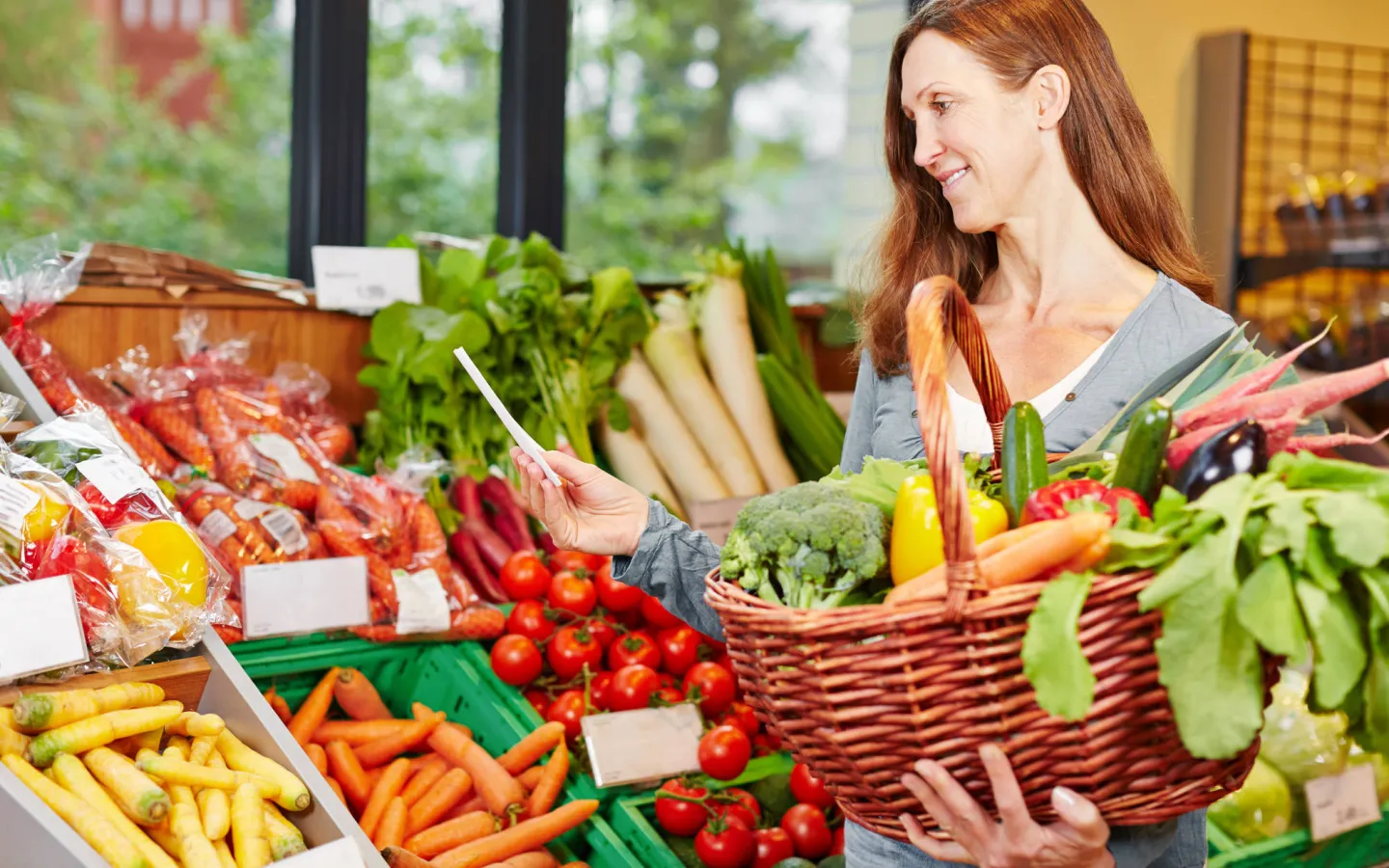
Sustainable consumption
Coop has set the target of continuously increasing its turnover of organic products.
Turnover with organic labels
Coop has set the target of increasing the turnover of organic products to 1,600 million CHF by 2020. Turnover is measured in million CHF. The accepted standards are Bio Suisse, Schweizer Bio, EU Organic. The scope of application is Coop retailers.
In 2019, the turnover of organic products was 1,474 million CHF.
Comment: Results were just short of the 2019 target. It was hard to improve on Naturaplan’s anniversary year of 2018.
Efficient light bulbs with energy-efficiency class A and better
Coop has set the target of increasing the proportion of efficient light bulbs with energy-efficiency class A and better to 90% by 2020. Measured ist the total turnover of all light bulbs with a known energy-efficiency class or special bulbs. The scope of application comprises Coop supermarkets, Pronto, coop@home, Bau+Hobby, department stores.
In 2019, the share of efficient light bulbs with energy-efficiency class A and better amounted to 77%.
Livique and Lumimart: Efficient light bulbs and lights with energy-efficiency class A and better
Coop Livique and Lumimart have set themselves the target of increasing the proportion of efficient lamps with energy-efficient class A and better to 100% by 2020. Measured is the net turnover of all bulbs sold separately, with energy-efficiency class A or better or LED, plus the net turnover of all lights with bulbs with energy-efficiency class A or better or LED integrated, divided by the net turnover of all bulbs sold separately that have a mandatory energy-efficiency class or are LEDs, plus the net turnover of all lights with bulbs that have a mandatory energy-efficiency class or are LEDs integrated (lights without bulbs are not taken into account, nor are components such as starters without bulbs). The scope of application comprises Coop Livique and Coop Lumimart.
In 2019, the share of efficient bulbs with energy-efficiency class A and better amounted to 95%.
